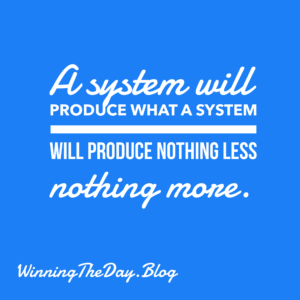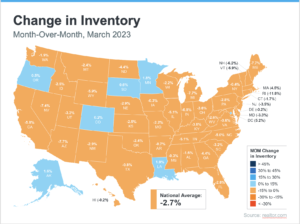In Built to Last, Jim Collins and Jerry Porras delve into the characteristics of truly visionary companies – those that not only achieve remarkable success but also stand the test of time. They argue that these companies are not built on a single brilliant idea or product, but rather on a holistic approach, much like a masterpiece of art.
Think of Michelangelo’s Sistine Chapel ceiling. It’s not just a collection of beautiful figures; it’s the entire composition, the interplay of color, form, and narrative, that creates its breathtaking impact. The same holds true for great novels, symphonies, and plays. It’s the whole that’s greater than the sum of its parts. It’s the intricate weaving together of all the elements that results in enduring greatness.
Visionary companies are built in the same way. It’s not about one magic bullet, but rather a combination of interconnected elements working in harmony. A crucial element is a strong core ideology – a set of fundamental beliefs and values that guide the company’s actions and decisions. It’s the “why” behind the company, providing a sense of purpose and direction.
Another key concept from Built to Last is the idea of BHAGs (Big, Hairy, Audacious Goals). These are long-term, ambitious goals that inspire and motivate employees. They’re not necessarily achievable in the short term, but they provide a clear target for the company to strive for.
Developing strong thinking skills is essential for building a visionary company. Consider these key components:
-
Cultivate Big Picture Thinking: Visionary leaders see the forest for the trees. They understand the broader context and long-term trends.
-
Engage in Focused Thinking: Balance big-picture thinking with focused execution. Concentrate, prioritize, and delve deeply into specific issues.
-
Harness Creative Thinking: Foster a culture that encourages experimentation, challenges assumptions, and embraces new ideas.
-
Explore Possibility Thinking: Believe that anything is possible. Push boundaries and achieve what others deem impossible.
-
Question Popular Thinking: Challenge the status quo. Don’t be afraid to question conventional wisdom.
-
Learn from Reflective Thinking: Continuously analyze your experiences, identify strengths and weaknesses, and learn from mistakes.
Building a visionary company is a journey of continuous learning, embracing change, and crafting a masterpiece – a company where all the pieces work together to create something truly extraordinary and enduring.







